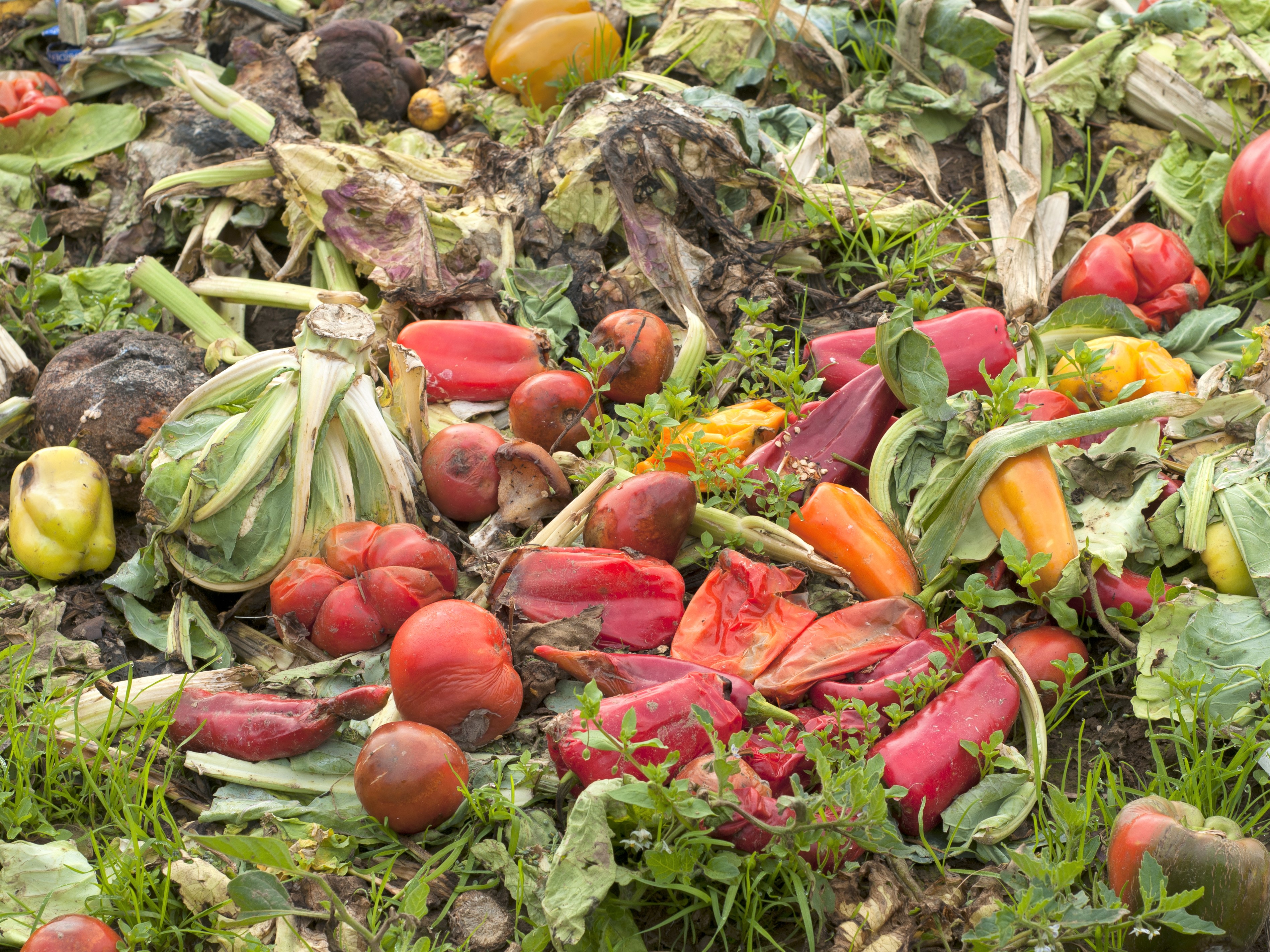Australians waste 7.6 million tonnes of food annually, with 49 per cent of this occurring between farm and retailers’ shelves, and 51 per cent at the consumer end of the supply chain. Right now, Australian households are throwing away between $2,000 and $2,500 worth of food every year.
The National Food Waste Strategy Feasibility Study, announced in July 2020, was funded by FIAL as a ‘first step’ towards a substantial reduction of Australia’s food waste.
Results from the study suggest that halving Australia’s food waste by 2030 is feasible. Doing this, however, this will require concerted and unprecedented action by governments, industry and the community.
Join the team from the federal government’s Food and Agribusiness Growth Centre, trading as Food Innovation Australia Ltd (FIAL) for the official launch of the study, and learn how all stakeholders along a food supply chain can contribute to reducing food loss and waste.
The proceedings
FIAL’s National Food Waste Strategy Feasibility Study will be formally launched by the Hon Trevor Evans MP, Assistant Minister for Waste Reduction and Environmental Management.
Edge Environment, lead consultant on the study, will provide an overview of the study’s key findings. Their presentation will be followed by a discussion session, with panellists representing state government, retail and research perspectives.
Information and registration
The launch will take place online on Thursday 2 September 2021 from 12:30-2pm AEST (Brisbane, Melbourne, Sydney, Australia) via Zoom
Attendance is free but registration is essential and there are limited spots available.
Note that registrations close at 5pm on Tuesday 31 August 2021
What is the National Food Waste Strategy Feasibility Study?
The $400,000 National Food Waste Strategy Feasibility Study, announced in July 2020, followed from Food Innovation Australia Ltd’s Roadmap for Reducing Australia’s Food Waste by Half by 2030. The study was funded by FIAL as a ‘first step’ towards a substantial reducing Australia’s food waste.
The study looked at the nature, scale, causes and impacts of food loss and waste across Australia. Its goal was to ascertain whether the government’s commitment to halve Australia’s food waste by 2030 was possible and if so, what actions would increase the likelihood of achieving this target.
Sustainability consultancy Edge Environment was the lead organisation in an international consortium of individuals and organisations with globally recognised expertise in the fields of food loss and waste. Other companies involved included WRAP, 3Keel and Lifecycles.
“The National Food Waste Strategy Feasibility Study will provide the insights required to set an industry-led agenda to prioritise and focus efforts to maximise the benefits of halving Australia’s food waste by 2030,” FIAL managing director Dr Mirjana Prica said at the time.


